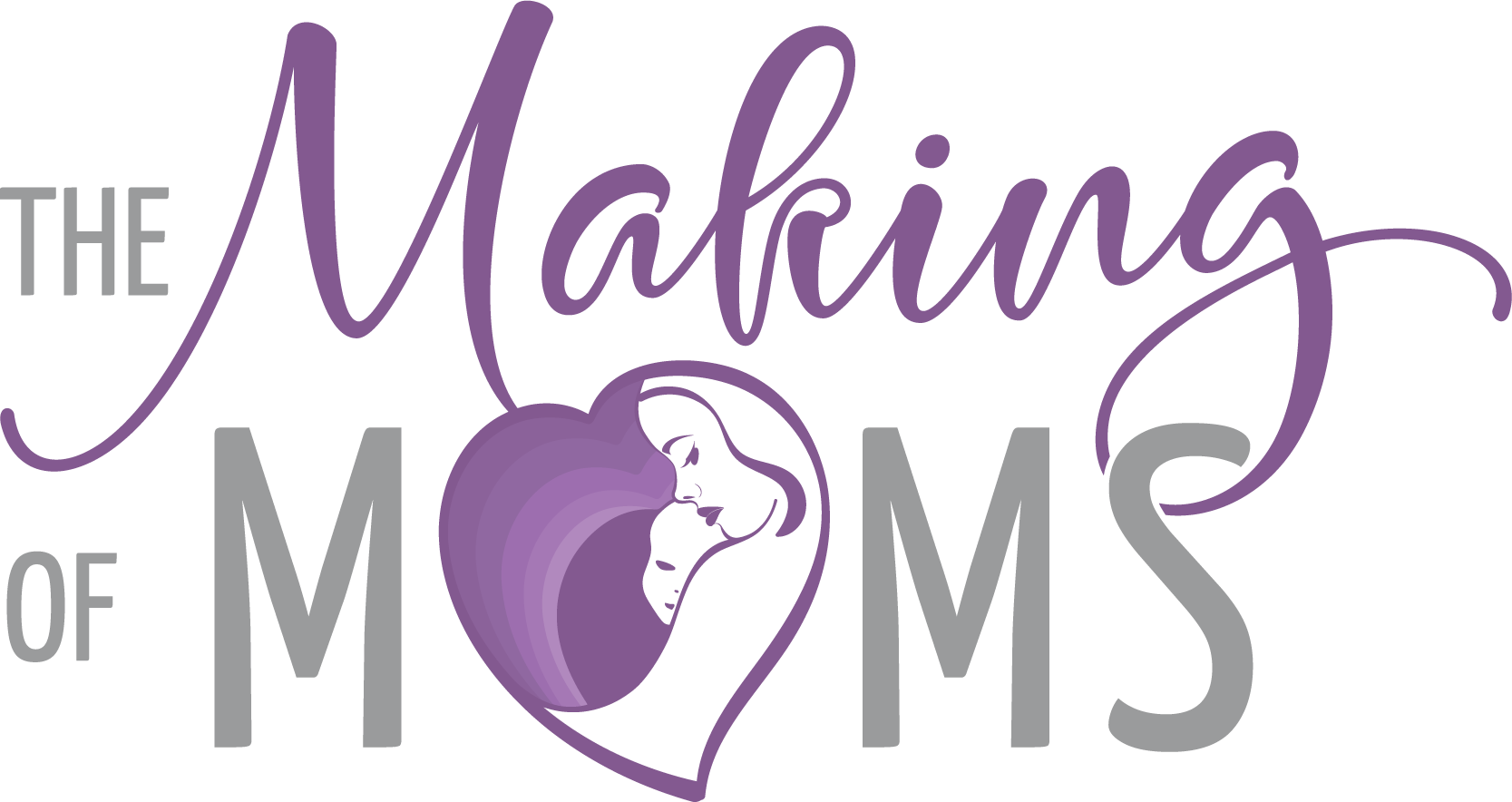The birth of a child can be one of the most wonderful, amazing and joyous experiences of a woman’s life. In the best of times it can also be incredibly challenging and emotional. Having a baby during the COVID-19 pandemic adds an unexpected and enormous layer of emotional tension and stress on a postpartum mother. This tension and stress appear to be increasing a postpartum mother’s vulnerability to developing postpartum depression and anxiety.
3 Contributing Factors
In particular, three factors seem to be contributing to this:
Anxiety
 Firstly, anxiety. Anxiety in general is through the roof. Everyone is experiencing this on some level. There is the fear of what tomorrow may bring. Concern about getting sick is rampant. Worry about how the illness may or may not impact a newborn or infant is high. Wondering how friends and family are doing permeates thoughts. Inconsistent grocery supplies make preparing meals challenging at times. Worrying about where the next roll of toilet paper is going to come from is a surprisingly big concern too. There may also be financial stress if either the new mother, or her partner, have been terminated or furloughed from work. These new anxieties have become fertile ground for the commonly expected postpartum anxiety to take root and grow way out of control. This is further exacerbated if a new mother’s support system feels similarly anxious and is unable to reassure her, provide a reality check or hold a containing space for her.
Firstly, anxiety. Anxiety in general is through the roof. Everyone is experiencing this on some level. There is the fear of what tomorrow may bring. Concern about getting sick is rampant. Worry about how the illness may or may not impact a newborn or infant is high. Wondering how friends and family are doing permeates thoughts. Inconsistent grocery supplies make preparing meals challenging at times. Worrying about where the next roll of toilet paper is going to come from is a surprisingly big concern too. There may also be financial stress if either the new mother, or her partner, have been terminated or furloughed from work. These new anxieties have become fertile ground for the commonly expected postpartum anxiety to take root and grow way out of control. This is further exacerbated if a new mother’s support system feels similarly anxious and is unable to reassure her, provide a reality check or hold a containing space for her.
Loss
Secondly, the new mother’s plan for postpartum care, help and support have been relinquished in the face of COVID-19 fears. Even the best laid postpartum plans will have been thrown out the window during this COVID-19 time of staying home and physical distancing. This new mom may be experiencing significant feelings of loss associated with this. Not only is she mourning the loss of her pre-baby self and needing to adjust to this new season of life, but she is also mourning the loss of the plans and expectations she had for her postpartum experience. She may not be able to share the joy of introducing her new baby to loved one’s and friends. Neither may she be able to get the support she needs in caring for herself and her baby, nor is she able to ask for help from others. We know that some of the biggest risk factors that make new mothers vulnerable to developing a PMAD (postpartum mood and anxiety disorder) include lack of support and isolation. These losses around her postpartum plans are profound and she needs space and help to process these feelings.
Additionally, she may be experiencing the more widely experienced loss in various systems and structures that she had been relying on before. For example, her daycare plans may have evaporated, access to her pediatrician and OBGYN may look very different, mommy and me type events may be postponed indefinitely. All of these losses add up and may contribute to a deep and painful experience of sadness.
Relationship Stress
Thirdly, relationship struggles may also be present. In theory, partner support may be available all the time now, which can be a huge benefit. However, even the best of relationships are most likely experiencing challenges with the strain of 24/7 stay at home requirements. We know that the first postpartum year is particularly difficult on relationships. The added stress created by the pandemic is only adding to the changes in postpartum life for a couple. This stress and strain may very well contribute to mood and anxiety symptoms.
PMADs now is the same as PMADs anytime
The increase in anxiety, the feelings of loss, relationship strain and the added challenges of the pandemic are creating a perfect environment for postpartum depression and anxiety to develop. It’s helpful to remember that women with a PMAD during this pandemic experience the same symptoms women with a PMAD would experience at other times. The standard screening tools, like the EPDS, still apply and can be used to help identify a PMAD. Educating and supporting women and their families will also help. These new moms may need more emotional support and care than they typically would and encouraging loved ones and friends to reach out to them more may also be very helpful.
 The good news is that therapy and treatment for postpartum depression and anxiety can help and are still available. Therapists and psychiatrists continue to provide support for postpartum mothers via telehealth. Telehealth has become the current mode of service delivery and is a great way to connect with a provider or a support group from the comfort of their own homes. In many ways, this may make it much easier to get the support that they need.
The good news is that therapy and treatment for postpartum depression and anxiety can help and are still available. Therapists and psychiatrists continue to provide support for postpartum mothers via telehealth. Telehealth has become the current mode of service delivery and is a great way to connect with a provider or a support group from the comfort of their own homes. In many ways, this may make it much easier to get the support that they need.
